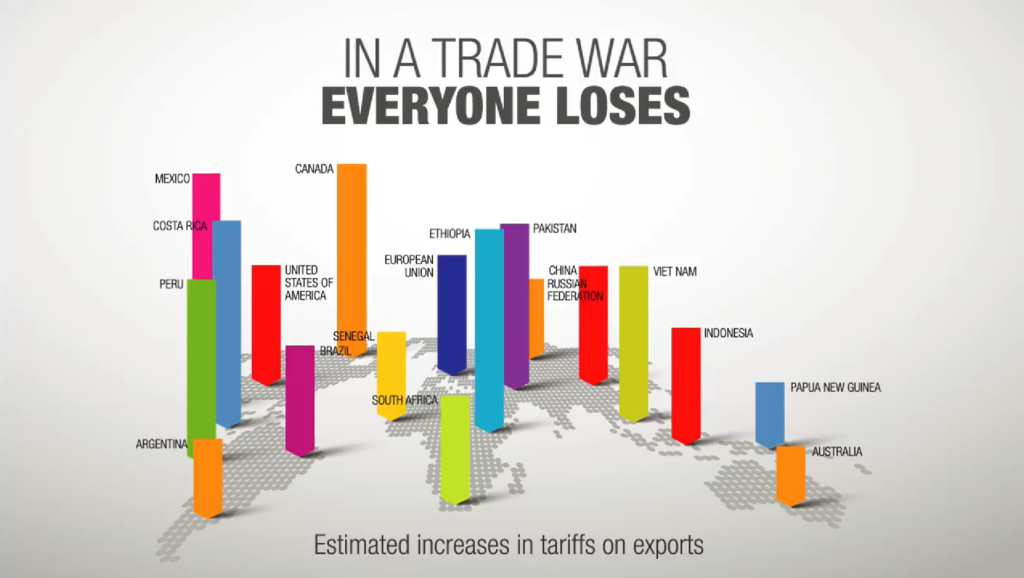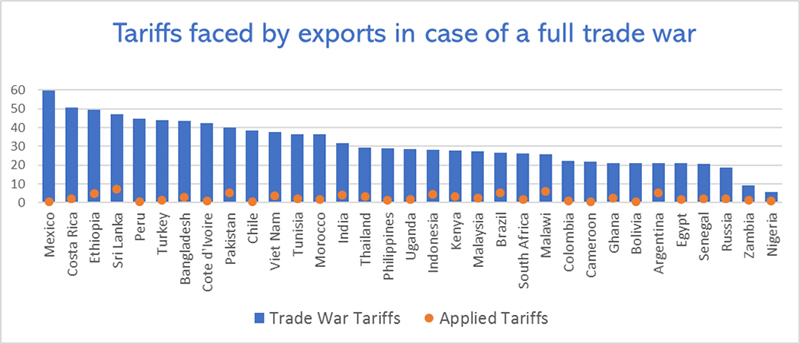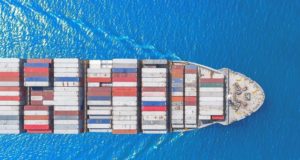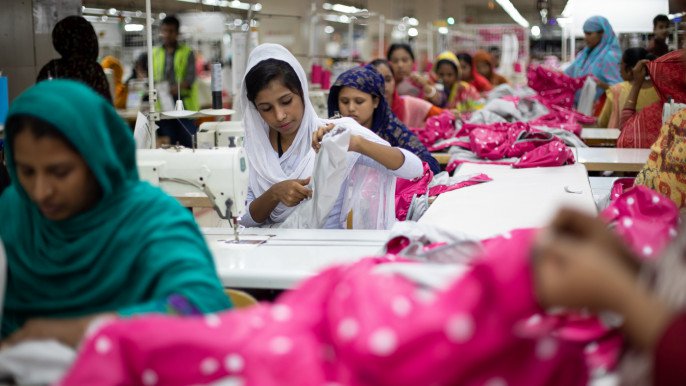
There are growing signs that a trade war is possible, and that the multilateral trading system may not be able to prevent it (Bown, 2017, 2018).
The war may have been started by one country but the effects will be felt by many as a trade war will lead to substantial increases in tariffs everywhere.
An UNCTAD research suggests that Bangladeshi exporters may face an average tariff of over 40 per cent if a full-blown global trade war intensifies.
The report presents a simulation of the impact of an all-out trade war on tariffs based on classical economic theory as validated by past observations.

According to the report, the U.S. would impose average tariffs of 30% (vs. 7% now); the E.U. would increase its own average tariffs from 3% to 35%; Canada from 3% to 53%; Mexico would go from almost nil to 60%.
Even a very open trading economy such as Singapore would increase its tariffs from 2% to 33%.
Trade war tariffs are based on the “optimum tariff” theory.
Standard trade theory indicates that, by unilaterally introducing tariffs, a large country not only limits its imports from the rest of the world, but also reduces the price of its imports relative to its exports, thereby benefiting from an improvement in its terms of trade.
These unilateral tariffs can be calculated by estimating the leverage each country has on international markets, depending on whether its trade policies are able to influence international prices (“market power” in economic jargon).
The tariffs presented in the report were calculated under the assumption that all countries will engage in a trade war and set tariffs to their optimal mercantilist levels.
This would include also nullifying any bilateral concessions and preferential conditions for specific categories of countries (e.g. least developed countries).
The report showed that the impact of the war would also be felt by the developing countries that played no role in starting the conflict. On average, tariffs applied on developing countries’ exports could rise from 3% to 37%. But whereas average tariffs affecting countries like Nigeria and Zambia probably would not go above 10%, those against Mexico could reach as high as 60%.
Likewise, countries like Costa Rica, Ethiopia, Sri Lanka, and Turkey could face average tariffs of 40-50%. Bangladesh would also face average tariffs of 40-50% compared to the current average of 3.0 per cent.
In comparision India and Pakistan would face lower tariffs, 31.70 per cent and 40 per cent respectively.
 CPD RMG Study Stitching a better future for Bangladesh
CPD RMG Study Stitching a better future for Bangladesh



